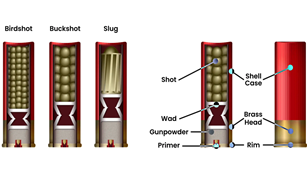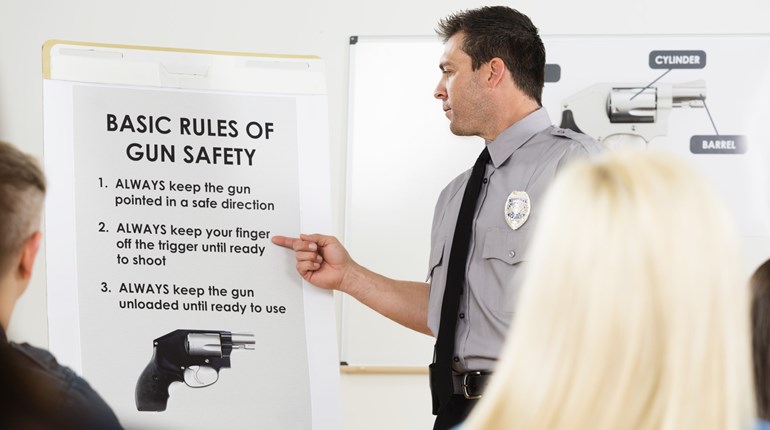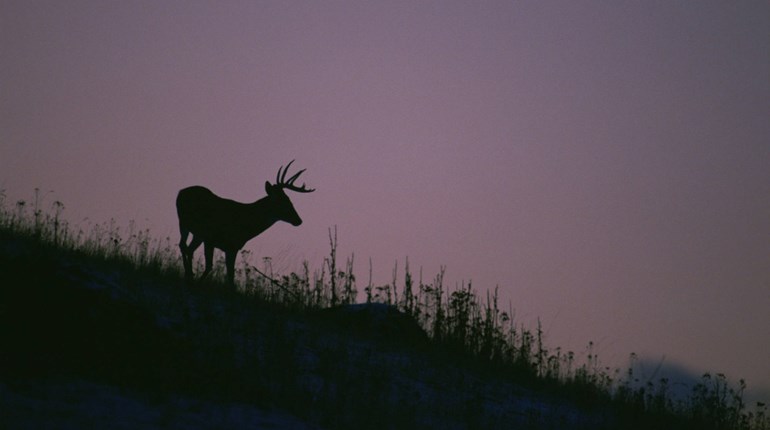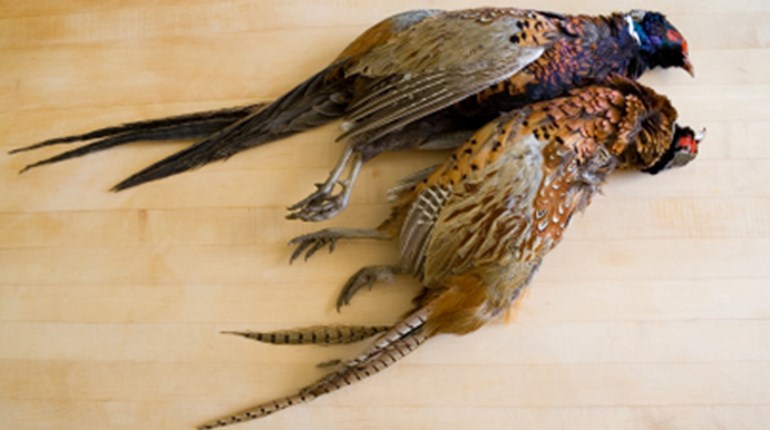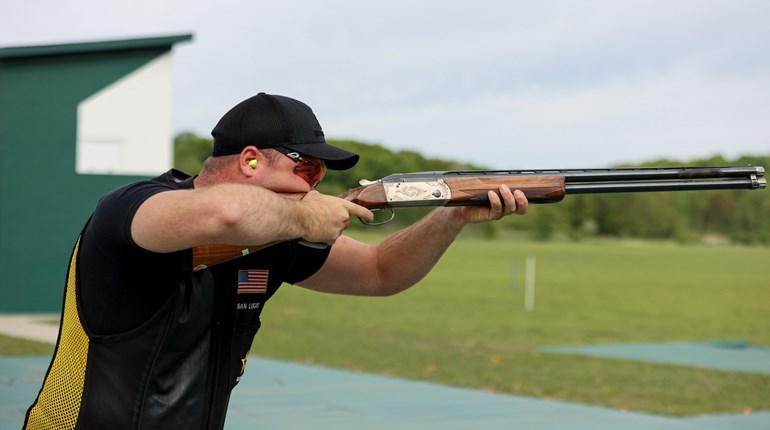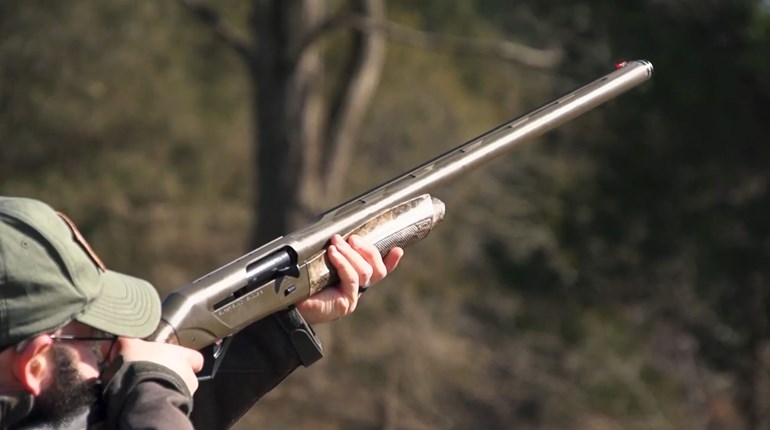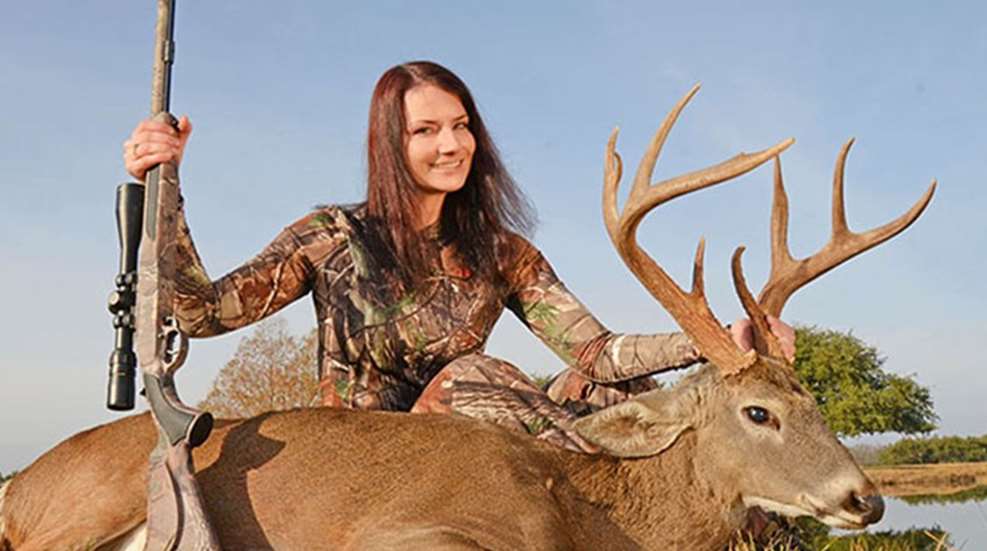
"Why on earth would you ever want to go hunting?"
It's a reasonable question. As a nation, we're getting more and more removed from the wilderness and the animals that live in it, so for many people the concept of hunting is foreign-perhaps, even, a little shocking. Little wonder: If you're like 80 percent of Americans, you live in a suburban or urban area. Because the population in this country has been trending from country to cities since the end of the 19th century, it's quite likely that your parents and grandparents did, too. You're able to go to the grocery store and buy everything your family needs to eat for a reasonable fraction of your pay. Getting a glimpse of a deer or a fox out the window of your car at 60 miles per hour is a rare treat. For good or ill, that's simply the way that most of us live now-myself included. So it's natural that you might wonder why anyone would want to go hunting, let alone why you would. As someone who came to hunting later in life, I've asked myself that question...and now I know: If we're not born into the tradition, there are a lot of things that nobody ever tells us about hunting.
1. Hunting helps you
develop valuable skills
everyone should have.
We'll start with the most simple and
obvious point: Because most jurisdictions require that you take a hunter safety course in order to qualify for a hunting license, you'll get a lot of formal training before you even step out into the field with a gun or bow in your hands. You'll learn how to build an emergency shelter, how to start a fire, what kinds of survival tools you should have, how to signal distress, how to read a topographical map, and more. But the real education starts when you actually get outside. Hours spent silently scanning the woods for wildlife teaches patience, and helps you to be more observant of your surroundings-tools that are just as valuable at your neighborhood deli as in the wilderness. Still hunting (also known as "stalking") teaches you to move quietly and gracefully, sharpening your balance. And who wouldn't want to be more graceful, quiet and balanced?
2. Hunting encourages
good marksmanship...and good judgment.
Let's face it: When you're on the range with your pistol, the stakes are pretty low. You have a safe backstop, and your target is probably just a piece of paper. If you get a little sloppy with your sight picture or your trigger squeeze, the consequence is that your shot grouping won't be as tight as you would have liked. When you're hunting, however, a poor shot takes on a much greater significance. If you miss entirely, your quarry may spook and get away
before you can try again. If you connect, but outside of the vital area, you may be in for a long slog in pursuit of a wounded animal. Hunting takes shooting out of the arena of "turning money into noise" and into real-world consequence. The desire
to be a successful and ethical hunter will motivate you to practice harder at the range and to give each trigger squeeze the careful consideration it deserves...which will make you a better shooter overall.
3. Hunting puts healthful food on your table, and encourages mindful eating.
I'm going to admit something embarrassing: On more than
one occasion I have plopped myself down in front of the TV with a family-sized bag of potato chips, only to look down an hour later and realize that I had eaten the entire thing...and, worse, that I had only the vaguest memory of having done so.
I know I'm not alone; it's easy to eat mindlessly when the sum total of your investment in your food was the five seconds it took to grab it off a shelf. However, I (and every other hunter I've polled on the matter) have a much different attitude
toward meat I've harvested myself. When you spend hours
in a blind, calculate just the right shot, field-dress the animal
yourself, drag it half a mile through the woods and then turn
it into steaks, you pay attention to-and are grateful for-
every single bite. What's more, when you harvest wild game, the meat you're getting is naturally low in fat and has never been treated
with any sort of hormones or antibiotics. You can look at the environment in which you're hunting and have a pretty good guess at what your quarry has been eating. You can assure yourself of the animal's overall health before you ever take
the shot. You don't have to wonder how long the meat sat around, or under what conditions, before it made its way to
your grocer's freezer.
4. Hunting will give you memories you'll cherish forever...
even if you never pull the trigger.
One of the most singular experiences of my life was deer hunting with my former boss (and editor in chief
of American Hunter), Scott Olmsted. We'd been shivering in the chill Virginia dawn for a couple of hours. Squirrels capered through the downed leaves, leaving me to wonder just how a creature that small could make such a racket. Being new to the outdoors, I didn't notice how the sounds had changed until Scott's
urgent whisper: "That," he hissed, "is not squirrels. That's a bear. Coming right towards us." Sure enough,
a black bear came trundling down the hill at our back, coming to a standstill no more than 10 yards away from us. It was so close that I could see the steam rising from its muzzle, and frost on its fur, and it was looking directly at us. Chuff! it snorted, completely unafraid.
"He's legal; your tag covers him,"he told me. "Go ahead, if you want."
One problem was that I only had a .243, which is pretty underpowered for a bear. The other problem was that
I was totally spellbound by this wild creature, by the experience of being that close to 200 pounds of apex
predator, of looking it in the eye. So I let that bear walk away, and I don't regret it. I'll remember it forever.
The point is, experiences like that aren't rare; things like that happen in the woods all the time.
You just have to be there.
5. Hunting teaches respect for wild animals.
Because most of us live in cities or suburbs, our encounters with wildlife tend to be limited to critters that choose the wrong time to wander out into traffic, or that get into the garbage and make a mess. When you are hunting, however, you realize that those animals you'd thought of as a nuisance are, in fact, highly sophisticated and perfectly designed for their purpose. It is impossible to watch a whitetail buck clear a six-foot fence with the same ease with which you'd hop a curb and not marvel. You cannot observe a wild turkey spooking because you made the slightest movement without being astonished. You can't help but respect the coyote that scents you from 200 yards away because the wind changed, flashing you a sly grin before it lopes out of range.
6. Hunting teaches respect
for the environment.
It's no accident hunters and fishermen sent
$749 million in federal excise tax revenues to state fish and wildlife agencies in 2010. It's no accident that organizations like the National Wild Turkey Federation and the Rocky Mountain Elk Foundation (founded, staffed and funded by hunters) are responsible for returning thriving populations of wild animals to areas that hadn't had them for decades. That's because hunters are, at root, environmentalists.
It's not that non-hunters don't care about the environment; it's that "the environment" is something of an abstract concept when you split most of your life between an office building and a subdivision. When you've invested your time and energy devoting yourself to understanding the area you hunt-what kind of browse there is, where the animals water, what kind of cover they need to bed down-you come to care about the wilderness in a concrete, personal way.
7. There is no feeling in the world quite like it.
Ask hunters what it's like to successfully down their quarry, and you'll get a variety of answers:
"A quickening, is the best way I can describe it. It's like you come alive."
"An adrenaline rush, very intense, but also very solemn."
"It's like, for the first time, you've taken your rightful place at the top of the food chain. It's to become fully human."
It's hard to describe, but once you have experienced it for yourself, you'll feel that you've gained an essential understanding of the world-and our place in it as human beings-that would be very difficult to reach otherwise.
8. Most importantly,
hunting brings
families together.
All of the above points, experienced yourself, pale in comparison to experiencing them with someone you love. Imagine finding a game trail with your child, and seeing his face when a buck comes strolling down it. Imagine hearing your spouse telling the story about the time she called a turkey right into your gun. Imagine your daughter telling her friends, "No thanks, you guys go to the mall without me, I'm going to go help my dad hang a tree stand." Imagine being able to share
these experiences with your grandchildren, when your children have kids of their own.





